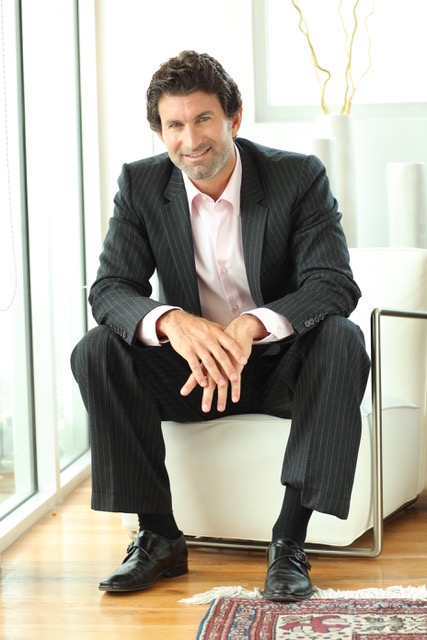Op-Ed by Michael Hall, MD
It’s with great concern I read news articles about divisions among black and white Americans, and how racist our country continues to behave. There seems something new and shocking about the heinous atrocities committed on the streets and subways by average black and white Americans against one another. What we see on social media are violent crimes committed by both assailants and those entrusted to subdue them. Police injustices are commonly captured and shared by citizens, cities dissolve into chaos, chants echo the streets, and riots spread like wildfire in the street.
Emotions are escalating. Jesse Smollett and our leader in the White House both seem to struggle with the perception of what is happening in the streets of New York City, Los Angeles, Chicago, and Baltimore; what we as a nation have become tone-deaf to, as the residents of these cities only hear gunshots and the ensuing wails of lost loved ones. In truth, there is no real dialogue about racism, no honorable leaders guiding the people to love and kindness— only nifty rants and sound bites.
This brings me to my experience as a young surgical resident working in the country’s oldest hospital set up by King George III in 1771. It was in this hallowed space I witnessed horrific acts of elitism and racism, which led to two of my patients— both black— to lose their sight. More precisely, to lose an eyeball due to a penetrating trauma that could have been repaired if white staff doctors did their job.
There can no greater threat to life or limb than to lose an eye. The outcome of such an event forever alters the victim and can, in some circumstances, make an early death more probable. The idea of having a patient writhing in pain on the gurney only to expulse their retina onto their face is inconsiderable knowing that doctors who have the training and ability to repair such an injury refuse based on the color of the skin.
As a senior resident in the summer of 1997, both cases occurred within three weeks of one another. In a fit of disbelief, I wrote a detailed memo regarding one case and how the female doctor on call refused to come in. Later, I went directly to my Chairman with tempers running high following my reaction to the second case, only to find that I would be handed a terse letter ending my residency immediately. Unbelievably, I was brought back for two months of pure hell because the hospital did not follow “administrative procedure” dismissing me.
My beloved career as an eye surgeon, in which I had worked so hard as a resident for 28 months, faced a premature death on the morning of October 17th, 1997, after I was found guilty of insubordination by a hospital court. Undoubtedly, it was the worst day of my life.
My patient’s anguish was the catalyst for the cap on my career; I had no choice but to be their advocate. You might have assumed that maybe I was a cause of their torture. But remember, I was working within a system of servitude without any autonomy or self-determination. Had I been thinking more rebelliously, I would have broken all the rules by piling my patients in a cab and transporting them myself to Bellevue hospital. I just did not have the presence of mind to do this, and if I had, I would have been breaching NY state and federal law, as well.
Regardless, I intended to right this travesty: I began to speak out, sue the hospital and the doctors, and tell the patients the truth. I even took law courses at NYU, determined to become someone who could change the system. The result? The patients won their lawsuits and had a small monetary victory in exchange for their loss, while I, on the other hand, was blackballed from ophthalmology and received no luck in court. Of course, it’s unfair to draw comparisons between their loss and mine.


